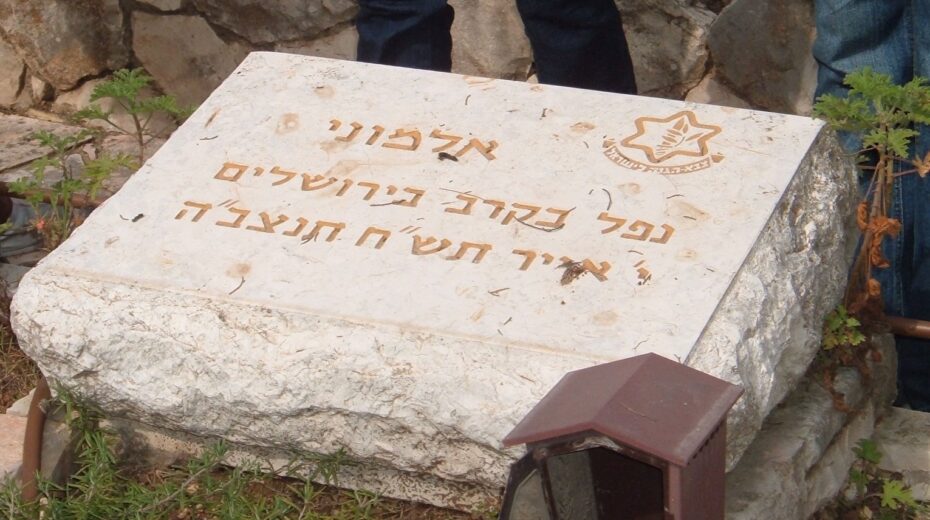Who is the woman author of arguably the most famous saying in Jewish and Biblical history?
And what is that famous saying?
Is it Miriam the sister of Moses? She sang a victory song (Exodus 15:21) after the Parting of the Red Sea?
Is it Queen Esther who dared to lodge her complaint (Esther 7:3) with the most powerful emperor alive?
Is it the other Miriam – Mary from Nazareth who rejoiced (Luke 1:46-53) when an angel gave her glad tidings?
The woman I am referring to may be barely remembered by most of us, but she gave utterance to some of the earliest and most profound words in the Bible on a most important subject. Five words of hers in Hebrew have become the most common written words in modern Israel, in that they are engraved, carved in stone on millions of tombstones across the Jewish state. What are they?
תהא נפשו/ה צרורה בצרור החיים
ת.נ.צ.ב.ה. or תנצב”ה or T.N.Z.B.H.
(t’hay nafsho/ah tzrurah b’tzror hachaim),
“May his/her soul be bound up in the bundle of life.”
The tombstone prayer is a paraphrasing of Abigail’s words to David:
“… but may my lord’s soul
be bound up in the bundle of life
With the Lord your God,
While the soul of your enemies,
The Lord will sling out as from the pocket of a sling.” (I Samuel 25:29)
These are some of the earliest and strongest words in the Bible that speak of the hope of eternal life (compare with Acts 23:6).
They are uttered by the eminently articulate woman Abigail speaking to David as he is on the run, being hunted down, at one of the lowest points in his life, marginalized, ostracized from the “land of the living,” from normal life and society. He is on the edge, barely hanging on to faith in God, about to snap and turn violently vindictive. At that very point Abigail gives him and his hungry men a feast, invokes forgiveness and atonement, and releases these words of transformative hope – that one’s life not come to a meaningless end at the grave, but be eternally connected with God, the source of life.















